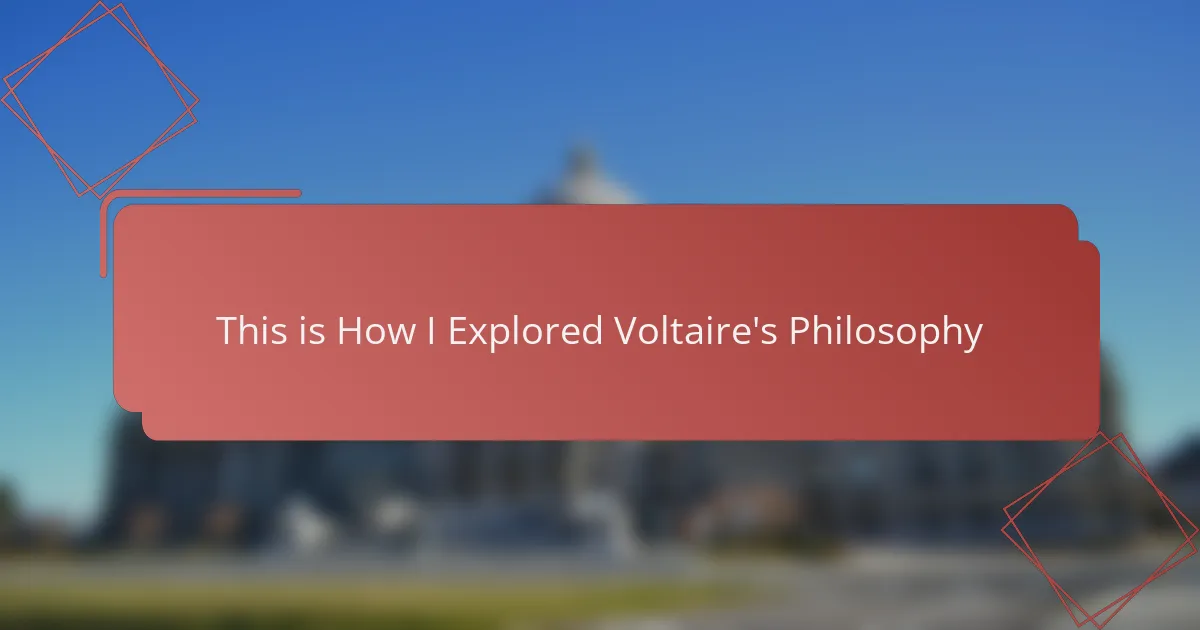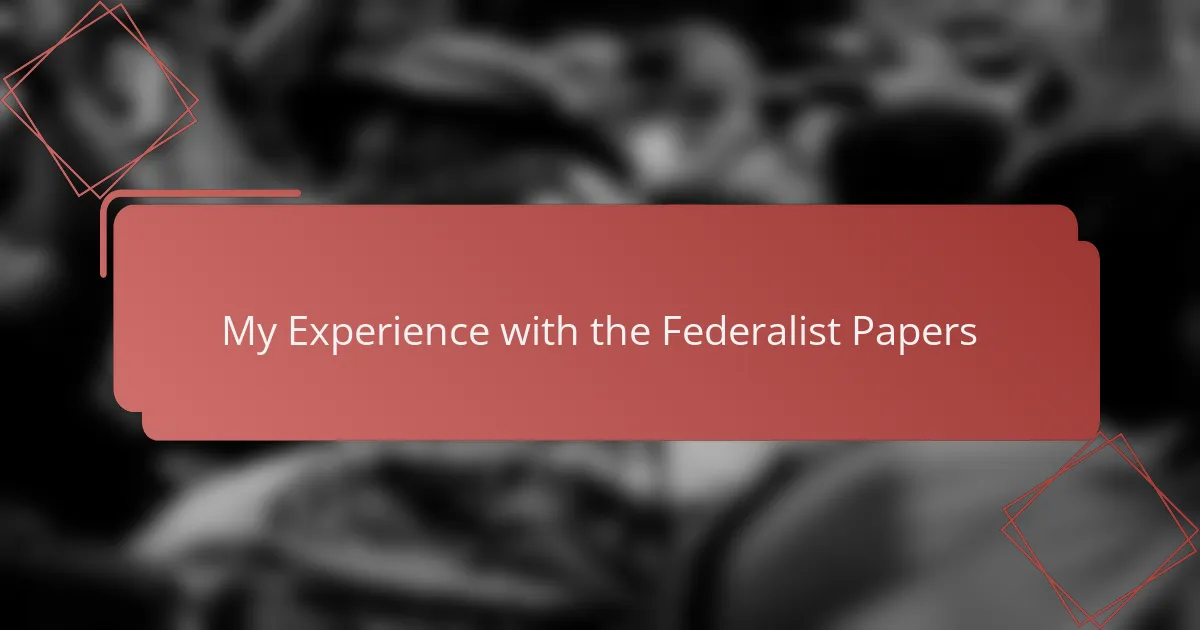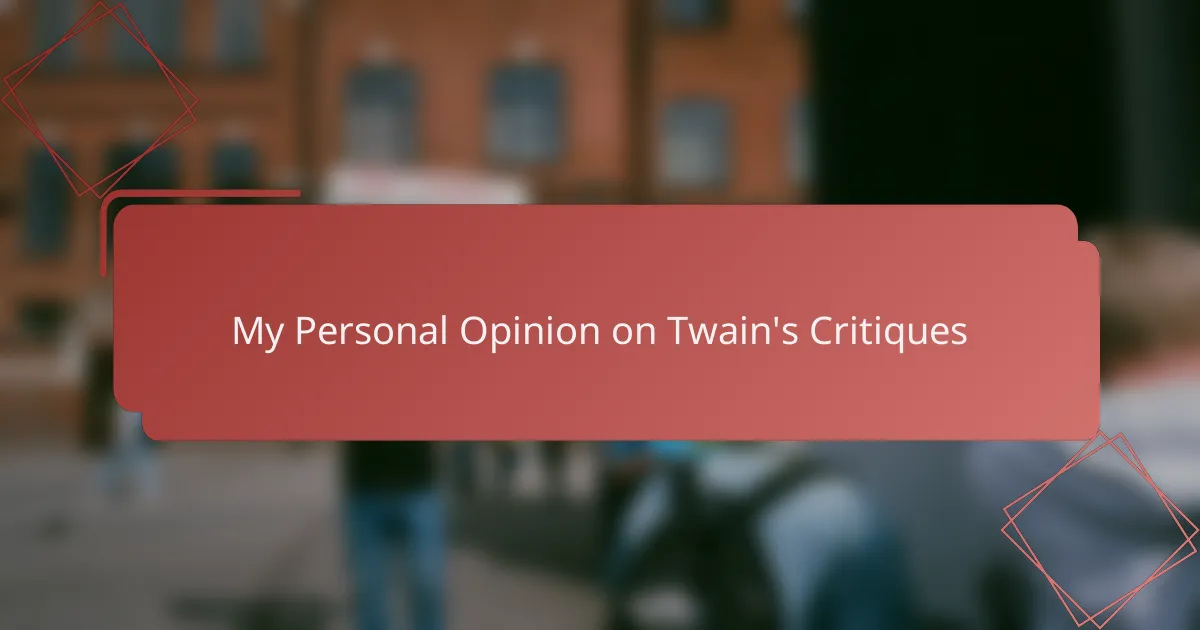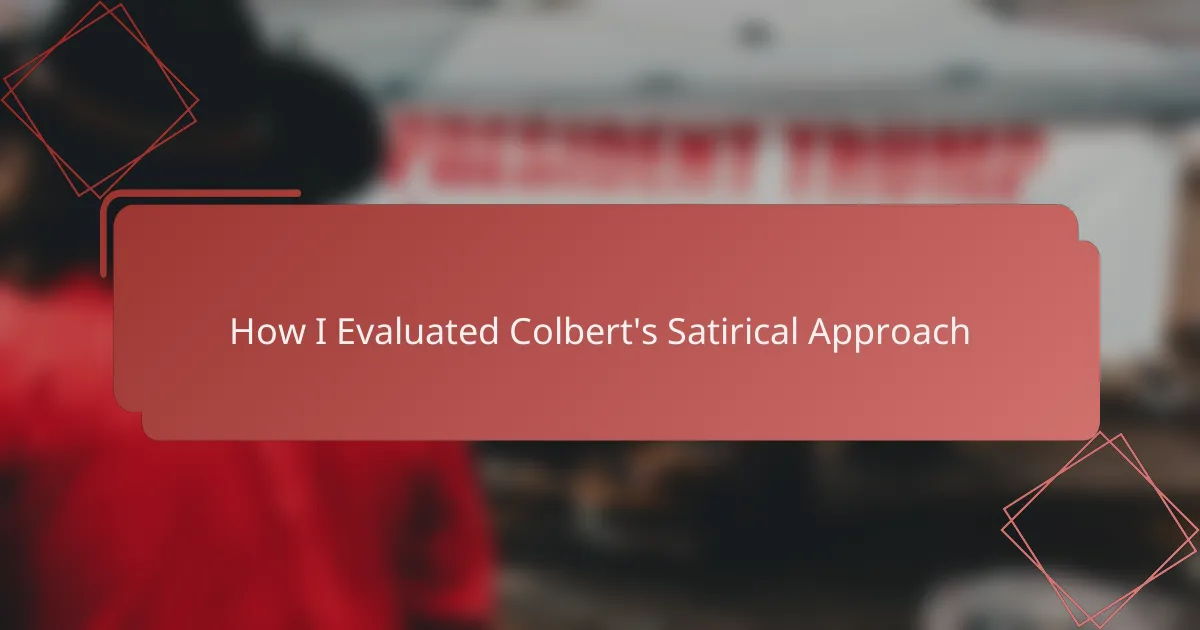Key takeaways
- Political satire uses humor and irony to provoke thought and challenge societal norms, with key elements including irony, exaggeration, and parody.
- Voltaire emphasized the importance of reason, freedom of speech, and tolerance as foundational values in his critiques of authority and injustice.
- His satire remains relevant today, serving as a tool to engage public debate and challenge political corruption without alienating audiences.
- A balance of humor and serious critique, as exemplified by Voltaire, can effectively promote dialogue and inspire social change.

Understanding Political Satire Basics
Political satire, at its core, is a clever way of holding power to account through humor and irony. From my experience diving into Voltaires’ works, I realized that satire isn’t just about making people laugh—it’s about provoking thought and challenging societal norms without sounding preachy. It’s this blend of wit and critique that makes political satire both impactful and enduring.
When I first encountered Voltaire’s sharp, witty critiques, I was struck by how he used satire to expose hypocrisy and absurdities in politics. Understanding the basics made me appreciate the layers beneath the humor, such as irony, exaggeration, and parody. Here are some key elements that form the foundation of political satire:
- Irony: Saying the opposite of what is meant to emphasize flaws or contradictions
- Exaggeration: Amplifying characteristics or situations to ridiculous levels for effect
- Parody: Imitating styles or figures to ridicule or expose weaknesses
- Sarcasm: Using biting or cutting remarks to criticize
- Understatement: Deliberately downplaying serious issues to highlight their importance
- Juxtaposition: Placing contrasting ideas side by side to reveal inconsistencies
These tools work together to create satire that’s not only entertaining but also deeply insightful.
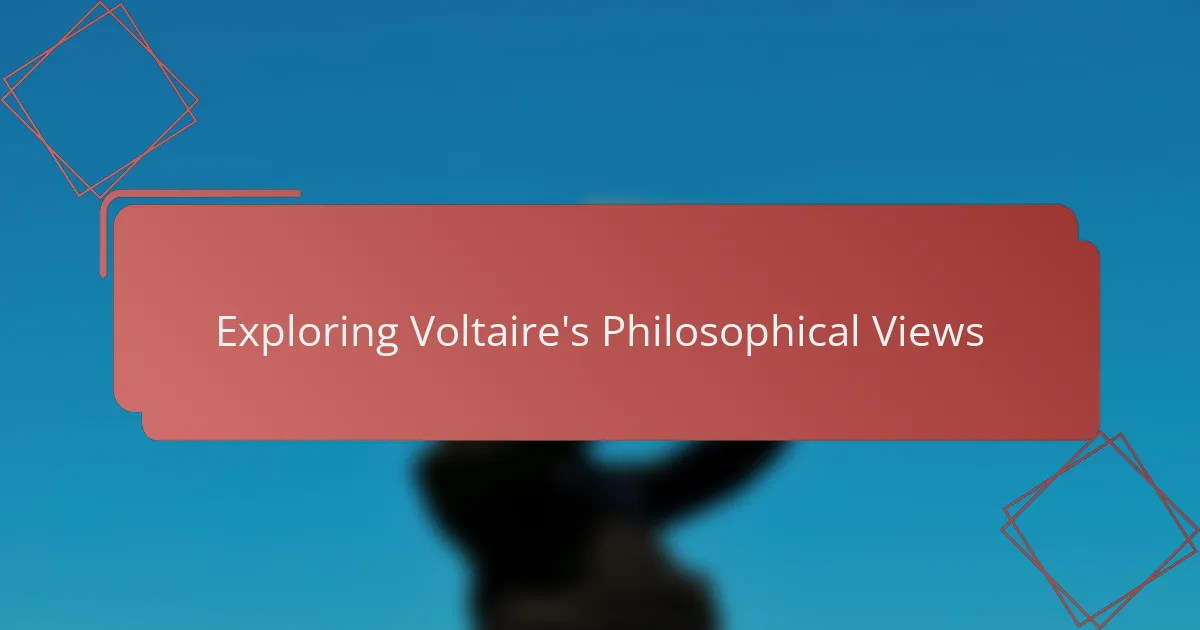
Exploring Voltaire’s Philosophical Views
When I first delved into Voltaire’s philosophical views, I was struck by his sharp wit and relentless critique of authority. His insistence on reason and freedom of thought resonated deeply with me, especially as I reflected on how these ideas underpin much of political satire today. Voltaire wasn’t just a thinker; he was a provocateur who used humor to challenge oppression and promote enlightenment values.
What fascinated me most was Voltaire’s commitment to tolerance, even when confronted with the darkest aspects of human nature. His famous plea for “écrasez l’infâme” – to crush the infamous – felt like a call to combat injustice without losing one’s humanity or sense of humor. Here are some key aspects of his philosophy that I found both inspiring and practical:
- Advocacy for freedom of speech and expression as foundations of a just society
- Critique of religious dogma and superstition that hinder progress
- Emphasis on reason as the guiding principle for understanding the world
- Belief in civil liberties and opposition to arbitrary power
- Use of satire as a tool to expose hypocrisy and corruption in politics and religion
Exploring these views offered me a fresh lens through which to analyze political satire, revealing how Voltaire’s ideas still challenge us to question authority and think critically.
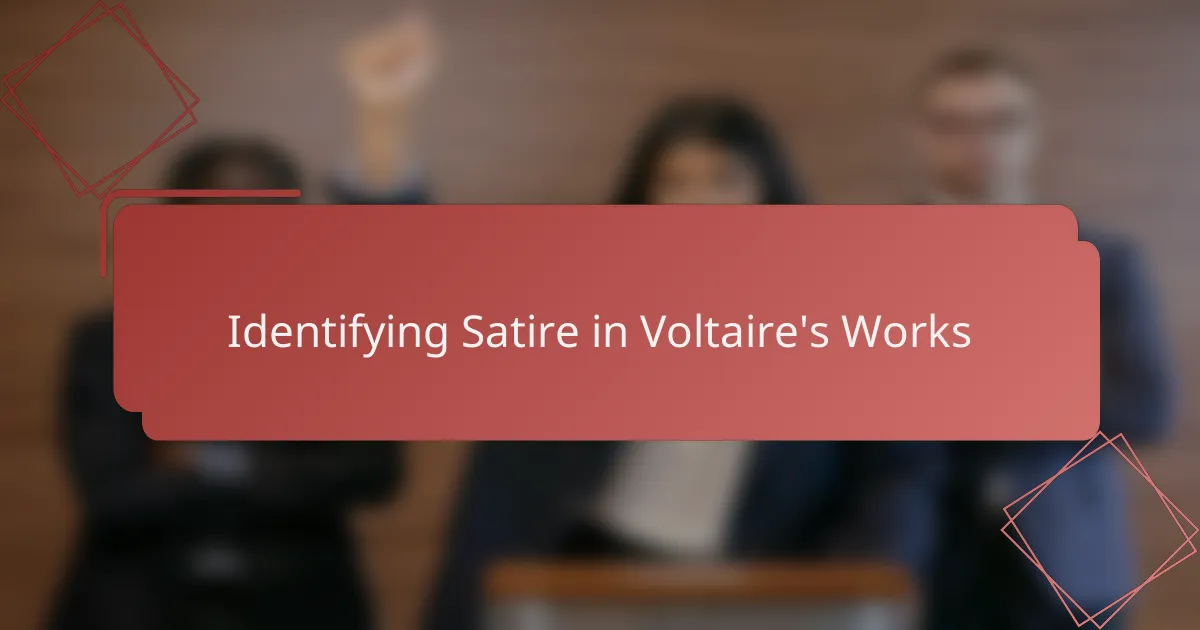
Identifying Satire in Voltaire’s Works
When I first dove into Voltaire’s works, pinpointing satire felt like uncovering a hidden language. His use of irony and exaggeration subtly exposed the absurdities of his time, making me appreciate how satire sharpens critique without outright confrontation. It was almost like reading between the lines, where humor masked serious political dissent.
I found that recognizing satire in Voltaire often hinges on identifying a few key elements, which helped me separate genuine praise from biting sarcasm:
- Use of irony to highlight contradictions in society or authority
- Exaggeration or absurd scenarios that ridicule social norms
- Sharp wit combined with clever wordplay to disarm critics
- Parody of established institutions such as the [censured] or monarchy
- Underlying moral or philosophical questions wrapped in humor
These clues became my toolkit for analyzing Voltaire’s style, allowing me to engage deeply with his political satire.
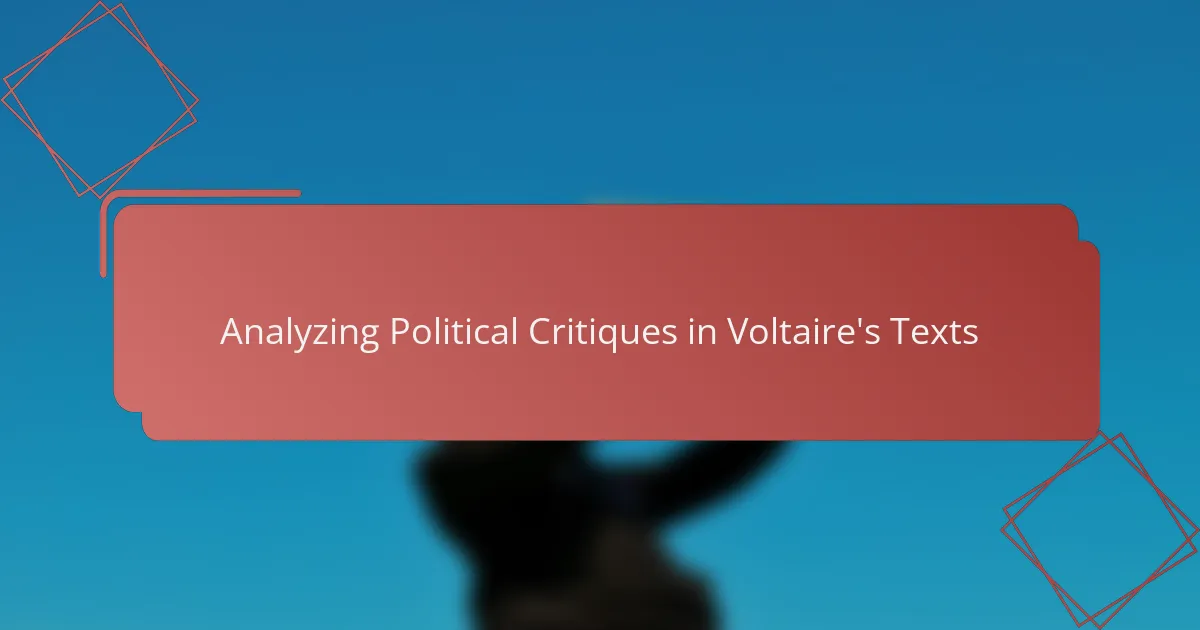
Analyzing Political Critiques in Voltaire’s Texts
Analyzing Political Critiques in Voltaire’s Texts often feels like peeling back layers of sharp wit and profound insight. What struck me was how Voltaire used humor not to mock blindly but to expose the absurdities in political power and dogma. His critiques resonate deeply even today, reminding me that satire can be a powerful tool for revealing uncomfortable truths without alienating the audience.
| Aspect | Voltaire’s Approach |
|---|---|
| Target | Political institutions, religious dogma, and social injustice |
| Method | Satire with irony, wit, and exaggeration |
| Purpose | To provoke reflection and change through humor |
| Emotional Impact | Mix of amusement and critical awareness |
| Modern Relevance | Still applicable in challenging authoritarianism and hypocrisy |
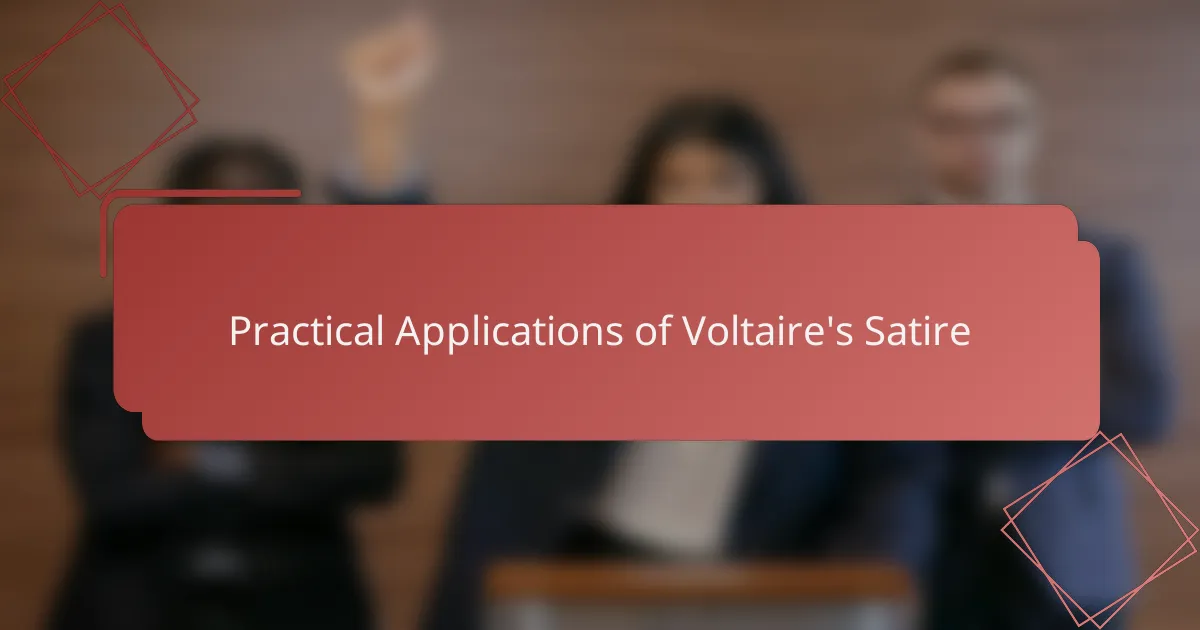
Practical Applications of Voltaire’s Satire
Practical Applications of Voltaire’s Satire
Voltaire’s satire wasn’t just clever wordplay; it was a sharp tool against the injustices and hypocrisies of his time. I found that applying his approach today means challenging authority and questioning accepted norms with wit rather than aggression. In my experience, this method not only sparks reflection but also makes difficult truths more digestible.
What struck me is how Voltaire’s satire remains relevant in political commentary, especially when public discourse gets heated. His balance of humor and criticism teaches us the value of speaking truth to power without alienating the audience. This insight helped me see satire as a bridge between critique and dialogue, rather than just mockery.
| Voltaire’s Satire | Modern Political Satire |
|---|---|
| Targets institutional hypocrisy and dogma | Challenges political corruption and media bias |
| Uses irony and wit to soften harsh critiques | Blends humor with factual commentary for impact |
| Intended to prompt social reform through reflection | Aims to engage public debate and awareness |
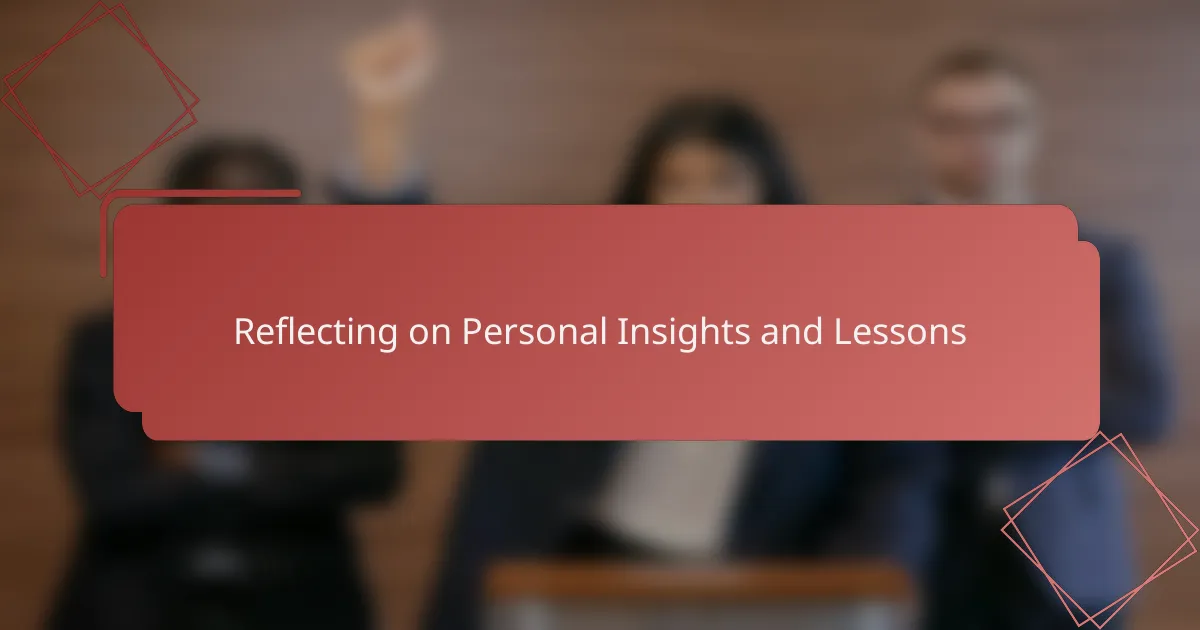
Reflecting on Personal Insights and Lessons
Looking back on my journey through Voltaire’s philosophy, I realize how much his wit challenged not just others but me as well. His insistence on reason and tolerance pushed me to question my own biases and consider how humor can soften even the toughest truths. Have you ever noticed how laughter sometimes opens doors where arguments slam them shut? That’s exactly what Voltaire mastered, and it reshaped how I think about political critique.
One lesson that stuck with me is the delicate balance Voltaire struck between cynicism and hope. While his satire exposed the worst in society, it never dismissed the possibility of improvement. This made me reflect on how satire can inspire change without falling into despair or ridicule purely for the sake of humor. It’s a tightrope walk that demands both sharp intellect and genuine care for justice — something I now try to bring into my own analyses.
Finally, engaging with Voltaire’s work taught me to embrace complexity. His satire doesn’t offer simple answers but invites ongoing reflection, which I found both challenging and rewarding. How often do we rush to label satire as just funny or biting, overlooking its deeper layers? Understanding these nuances enriched my appreciation of political satire and reminded me that meaningful critique comes from a place of thoughtful engagement, not just witty commentary.
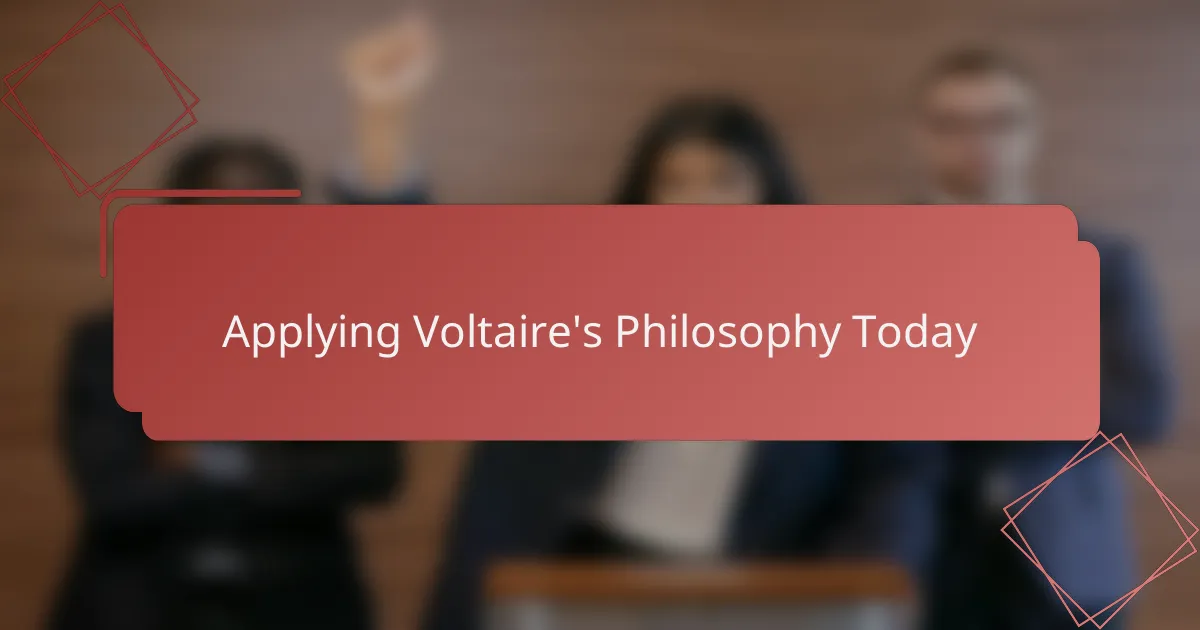
Applying Voltaire’s Philosophy Today
Applying Voltaire’s philosophy today feels surprisingly urgent, especially in a world where power often hides behind polished rhetoric and flashy media. I’ve noticed that embracing his insistence on reason and freedom of expression pushes me to question not just external authority, but also my own assumptions about political narratives. Isn’t that self-reflective skepticism exactly what we need more of in our polarized times?
What really struck me was how Voltaire’s blend of humor and critique remains a masterclass in holding power accountable without burning bridges. I’ve tried applying this in my own political satire analysis, and found that laughter can disarm defensiveness, opening space for real dialogue. How often do we see political discourse devolve into shouting matches, when a clever joke could actually invite reflection instead?
Finally, I keep coming back to Voltaire’s commitment to tolerance as a guiding light for today’s satire. It reminds me that even in harsh critique, there’s room for empathy and hope—something I’ve found invaluable. Can satire truly drive change if it alienates its audience, or is it the careful balance of wit and respect that makes it so powerful? That question shapes much of how I explore and apply his philosophy in contemporary contexts.
